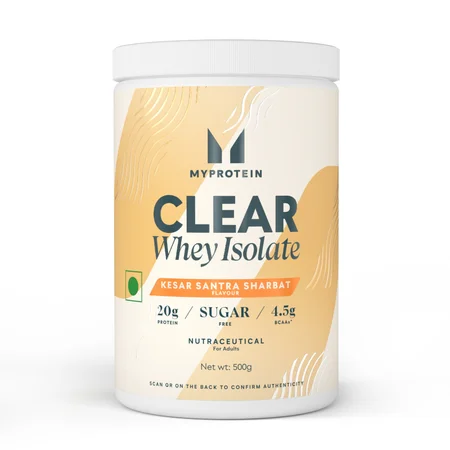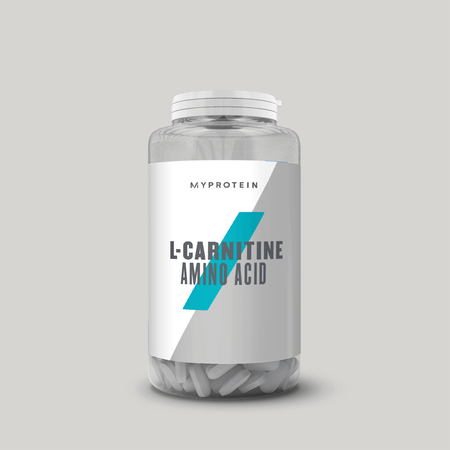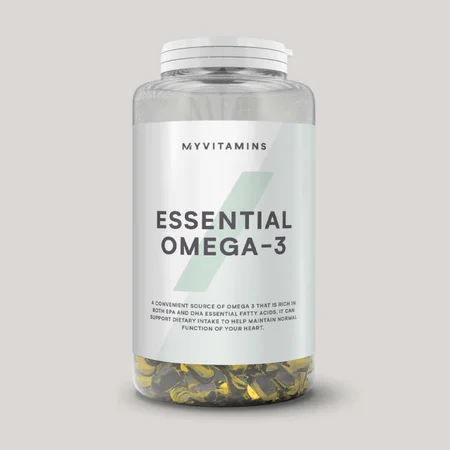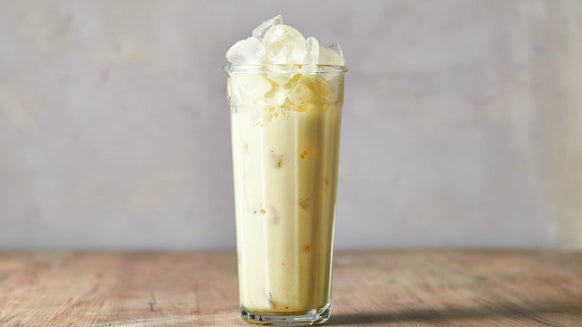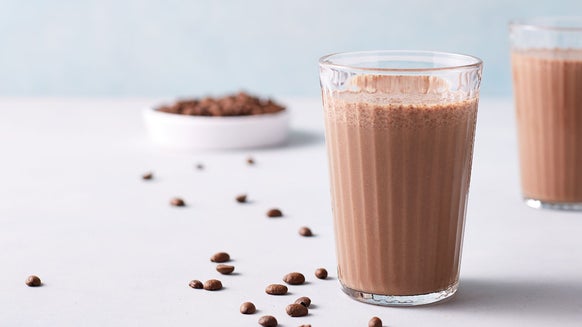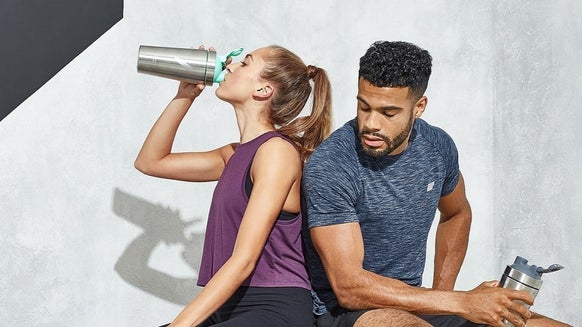How Much Water Should I Drink In A Day?
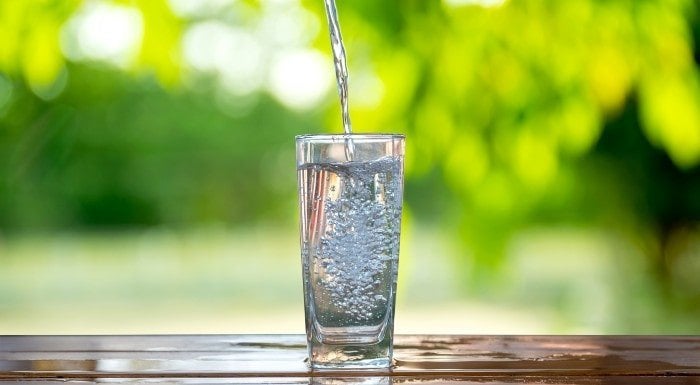
Hydration is key to both good health and good performance. Water is the largest component of our bodies, making up between 50-60% (which varies based on factors like age, sex, and body composition).1 Just like we’re constantly burning calories and need to consume food to replenish our energy, we’re always losing water as well - through urine, sweat, and even just breathing. When we exercise, we increase all of those mechanisms of water loss - and higher temperatures can play a role as well.
- How much water do I need per day?
- What are the effects of dehydration?
- Can you drink too much water?
- Hydration indicators

How much water do I need per day?
Daily water intake depends on many factors, so there are general guideline amounts available from both the USDA and the NHS.
The USDA recommends 11.5 cups of water per day (2.72L) for women 15.5 cups for men (3.66L); the NHS Eat Well guide recommends between 6-8 glasses of low or no calorie beverages per day (a glass is typically more than an 8oz cup).2,3 The USDA recommendation includes water that’s found in food (like fruits and vegetables) which can make up about 20% of our daily fluid intake.
What are the effects of dehydration?
Water is essential to most of our body’s processes, including metabolism. If you’re dehydrated, it can impact your brain function, your energy levels, your skin health and appearance.
Serious or chronic dehydration can impact your heart, kidneys, and make you feel weak and nauseated.1 While researchers have long assumed that dehydration can impact athletic performance, the results on this are varied - however, all experts agree that adequate water intake is crucial for good health.1,4
Can you drink too much water?
While many might struggle to get enough water, it actually
Hydration Indicators
One quick way to assess your hydration status is the colour of your urine. You want your urine color to be a pale yellow, which indicates good hydration. Dark yellow or amber coloured urine indicates that you may be dehydrated. You may also feel weak, dizzy, or not have much energy.
Take Home Message
Why not try our Vitamin Waters or try swapping your usual protein shake for the fruiter Clear Protein...
READ THESE NEXT:
10 Basic Yoga Exercises For Beginners | Yoga Made Easy
Roll out your yoga mat and discover the benefits yoga has to offer.

10 Delicious Whey Protein Recipes Absolutely Worth Trying
Who knew you could do so much with whey?

10 Fitness-Related Self-Isolation Talents To Learn In 2 Weeks
Great ways to spice up your home workouts and learn new skills.

